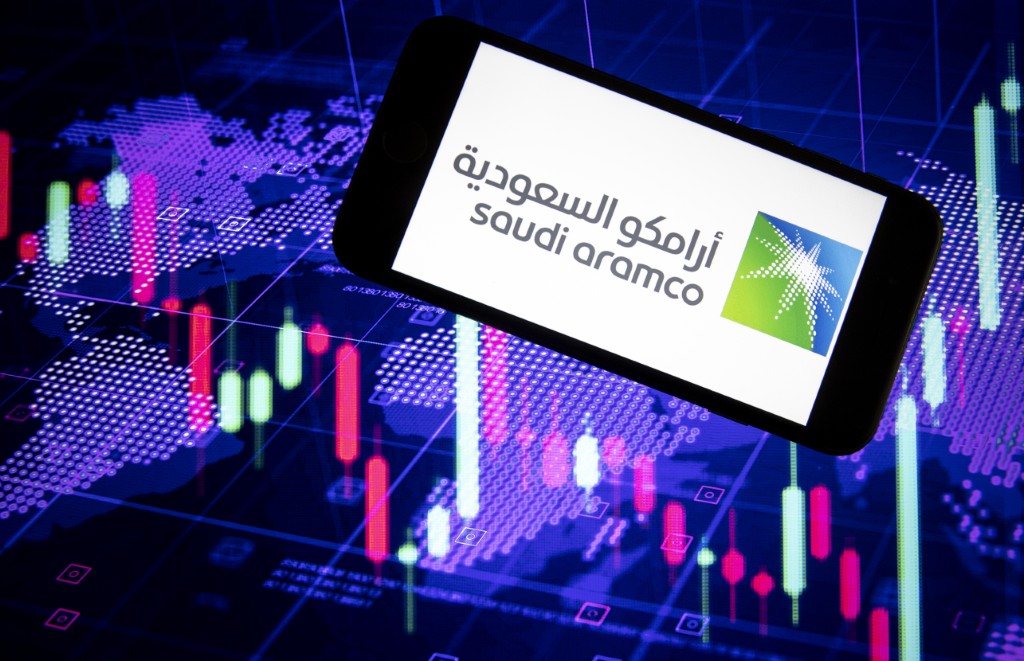Riyadh – Oil group Saudi Aramco said on Sunday (12) it achieved record profits totaling USD 161.1 billion (BRL 834 billion) in 2022, due to surging oil prices after Russia invaded Ukraine.
The Saudi mostly state-owned giant said in a filing with the Saudi stock market that its net income was up 46% last year from USD 110 billion in 2021.
Saudi Aramco floated 1.7% of its shares on the Saudi bourse in December 2019, generating USD 29.4 billion in the world’s biggest initial public offering (IPO). “Aramco delivered record financial performance in 2022, as oil prices strengthened due to increased demand around the world,” the company’s CEO Amin Nasser said.
Aramco’s gains are consistent with record profits for 2022 reported by the oil majors Shell, Chevron, ExxonMobil, BP and TotalEnergies, which in total surpassed USD 150 billion, as they rode the wave of a strong oil demand recovery following the pandemic and the increased prices due to the war in Ukraine.
Energy prices are expected to stay elevated in 2023, in part because of production cuts approved last October by the OPEC+ cartel that Riyadh co-leads with Moscow – a move harshly criticized by the United States.
Diversify the economy
Aramco’s facilities have in the past years suffered drone and missile attacks claimed by Yemen’s Iran-backed Huthi rebels.
But a deal announced last week between Riyadh and Tehran to restore diplomatic ties could mitigate the risk in the months to come.
Aramco’s profits fueled overall economic growth in Saudi Arabia, which officials put at 8.7% in 2022, the highest rate in the G20.
Saudi Arabia, the world’s biggest fuel exporter, has sought diversify its oil-reliant economy. Officials have touted growth in non-oil activities, which increased 6.2% in the fourth quarter of 2022 over the same period in 2021, according to data published by the Saudi statistics authority.
Yet government spending is a major driver for this growth and that “will always be to some extent linked to oil revenue,” underscoring Aramco’s central role in the largest Arab economy, said Justin Alexander, director of the consultancy Khalij Economics.
Saudi Arabia has pledged to achieve net zero carbon emissions by 2060, drawing skepticism from environmental campaigners. Further investments in fossil fuels are simultaneously being championed.
Any reproduction of this content is prohibited.
Translated by Guilherme Miranda




